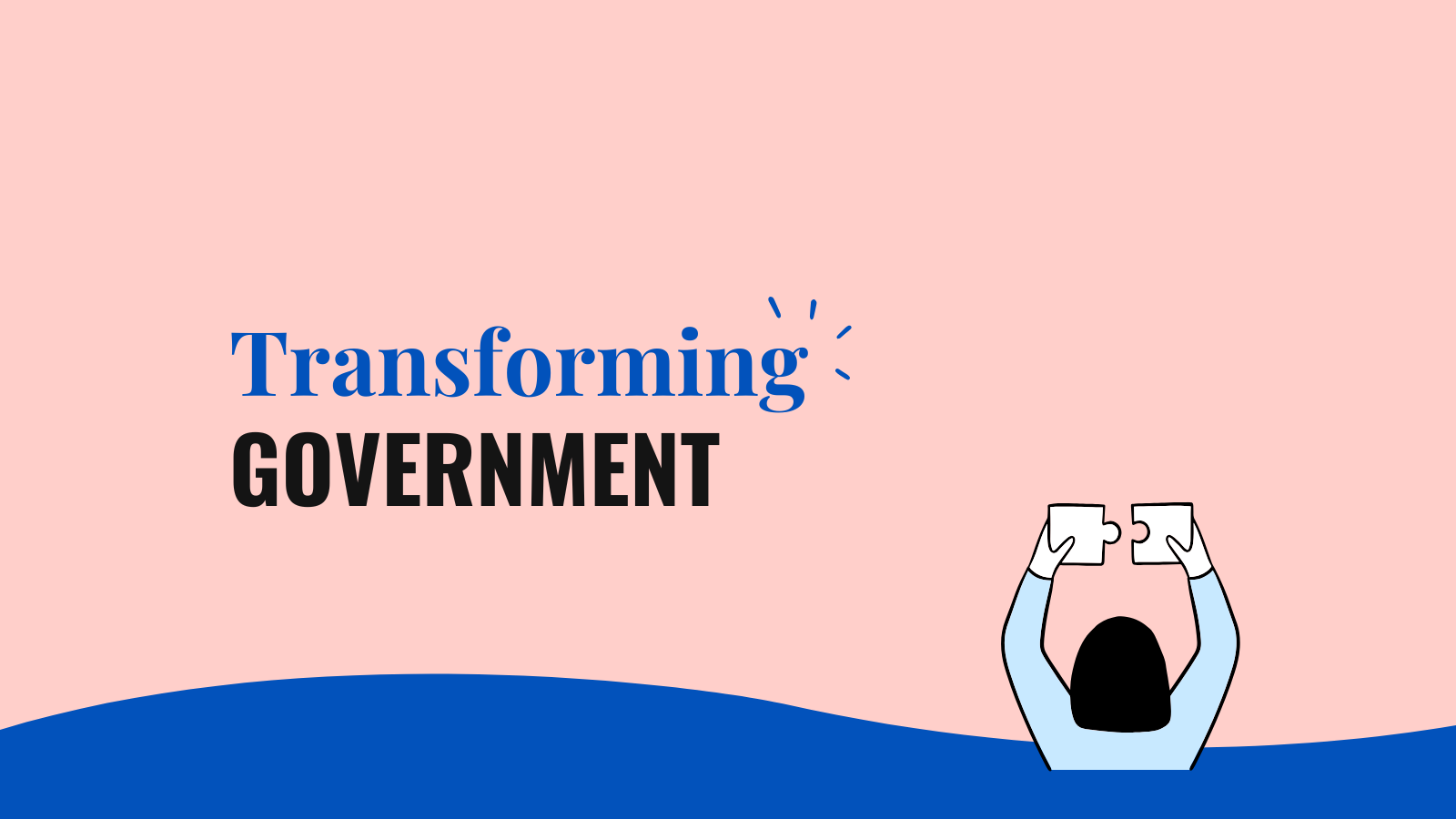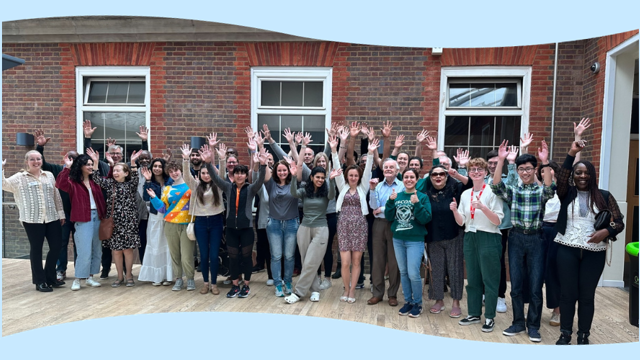Local government has for years accepted the idea that its role needs to be focused on facilitation rather than control, supporting change through ‘place leadership’ that builds on and shapes community assets rather than increasing direct service provision.
The pace, quality and scale of the community response as the country moved into lockdown was unmistakable. Individuals and groups — long standing and new — have become a firm part of the wider response team valued by residents, local authorities and charities alike. The question now is, how do we (all) sustain this?
Engaging communities
Bringing together a group of leaders across local government for a breakfast sharing session, a key emerging theme was that we’ve seen positioning over time where many of those involved in — or passionate about — change find themselves either in the communities domain or in the organisation and institution domain. And the touchpoint between those two positions is often far too thin, each delivering an important, but often fragmented, impact.
In many ways, our organisations and local partnerships don’t exist as they did before this crisis. In this discussion, attendees agreed that the pandemic and emergency response have changed the ways people and groups work together, both within public institutions and communities. More than ever, organisations and local partnerships should be seen as communities of people connected physically or virtually around purpose and place.
The pandemic has shown on a large scale what many of us closer to community engagement have long known — that communities instinctively act when called upon. Many turned to their expertise and convening power for practical support and reach — whether for getting your medication if you are shielding or, as a council, trying to understand how best to direct resources. As we saw, areas with impactful hyperlocal organisations, from town and parish councils to well-established sports clubs and food banks, were often able to respond better, quicker and more consistently during the crisis.
A shared ambition that came through loud and clear at this event was that public institutions must continue to engage effectively with community groups as they look to recovery, creating a future where shared forms of decision-making and transparent ways of working — together with enabling technology — accelerates community organising, shares power between communities and the people we elect to better represent our interests.
The voluntary and community sector
Our event attendees shared how, during the crisis, volunteer and community groups had the scale and reach into communities that organisations didn’t always have. As we look forward, engagement with our diverse populations is critical in community decision making and local delivery.
Yet we’ve seen that working and managing volunteers in a crisis is difficult in itself and requires different skills, not always held or resourced effectively within a local authority. Organisations and individuals within our communities already have these skills and practices and do important work around strategic foresight and imagination. Now we must harness that power for our institutions using coordination, cooperation and collective awareness of who is doing what, what’s working and — crucially — why. There was a real strength of feeling in our conversation that it is vital to collate and utilise shareable data of good examples across the country to inform better practice.
We often talk about skills, inclusion and access when it comes to digital, but this also needs to include data. We need to equip our institutions to understand data in the same way that they understand service delivery, sharing vital lessons widely to inform community action best practice, enabling others to adopt this in a tailored way.
Mutual aid through Covid-19
This year, we’ve each seen around us an emphasis on trust, the importance of networks and locality. It matters more than in recent years whether you’re close to a park, or friends, and whether your street has a WhatsApp group.
While some of the groups who took on a leadership role locally will be well known to their local councils, businesses and voluntary sector, other mutual-aid groups were entirely new, formed of citizens who cared and wanted to act and had little to no experience of working with and alongside public institutions before. Trust that is typically built from collaboration over time had to be accelerated. A shared sense of mission, of purpose, helped achieve this but now it is for all parties to ensure that it is maintained and deepened.
If this succeeds, we can have a much more place based approach without the bureaucracy and control challenges that would have been present before the pandemic. It is this mindset that is critical and will make or break the long term vibrancy and impact of joined up and locally led change.
On the part of local authorities, an inwards out approach could come all too naturally if resources and training aren’t there to support and enable community led and/or shaped action. And for community groups, if openness to others without experience or skills isn’t there, and a plan for developing them, their capacity may be at risk too.
Fundamentally, investing the time and energy in training key staff and community group members in how to grow, sustain, plan and deliver change together will be the difference between this opportunity being seized or lost.
We need new organising models
At a small community level, system change is essential. As we look to recovery, how might we rebuild not just better but entirely differently, whilst accepting that different places have unique characteristics? We must deliberately design new organising models and invite citizens and staff back into entirely new institutions, partnerships and community relationships.
It’s time to build on the radicalism seen during our crisis responses, placing it into new solutions in our institutions, not forgetting to consider what we do for the places which aren’t rich in social capital or council willingness and capacity to engage. Starting by finding a useful segmentation that lets us develop a range of off the peg solutions rather than relying on bespoke models everywhere.
2020 has proven that a change in our places is crucial, and our councils have proven that they’re perfectly positioned to act as platforms for community action. Working together with our institutions, local organisations and partners we can begin to transition into a future where people are truly connected virtually around purpose and place, organising for change that they believe in.

Transforming Government
We partner with the institutions of Government to help them work better. Our approach delivers digital transformation in government that is user-centred, data-led and cost-effective.
Work with us
Empowering communities: the impact of citizens' assemblies
We spoke to Ellen Jennings, Senior Workstream Coordinator at Barnet Council’s Sustainability Team, about the importance of citizens' assemblies in helping to address the climate emergency.
Read moreOur recent insights
Transformation is for everyone. We love sharing our thoughts, approaches, learning and research all gained from the work we do.

Empowering communities: the impact of citizens' assemblies
We spoke to Ellen Jennings, Senior Workstream Coordinator at Barnet Council’s Sustainability Team, about the importance of citizens' assemblies in helping to address the climate emergency.
Read more
Bringing community power to life
Our Community & Political Engagement Director, Claire Hazelgrove, shares her experiences from Stronger Things
Read more
Championing community power at Stronger Things 2022
We’re pleased to showcase the benefits of community engagement as headline sponsor of this year’s New Local event.
Read more

